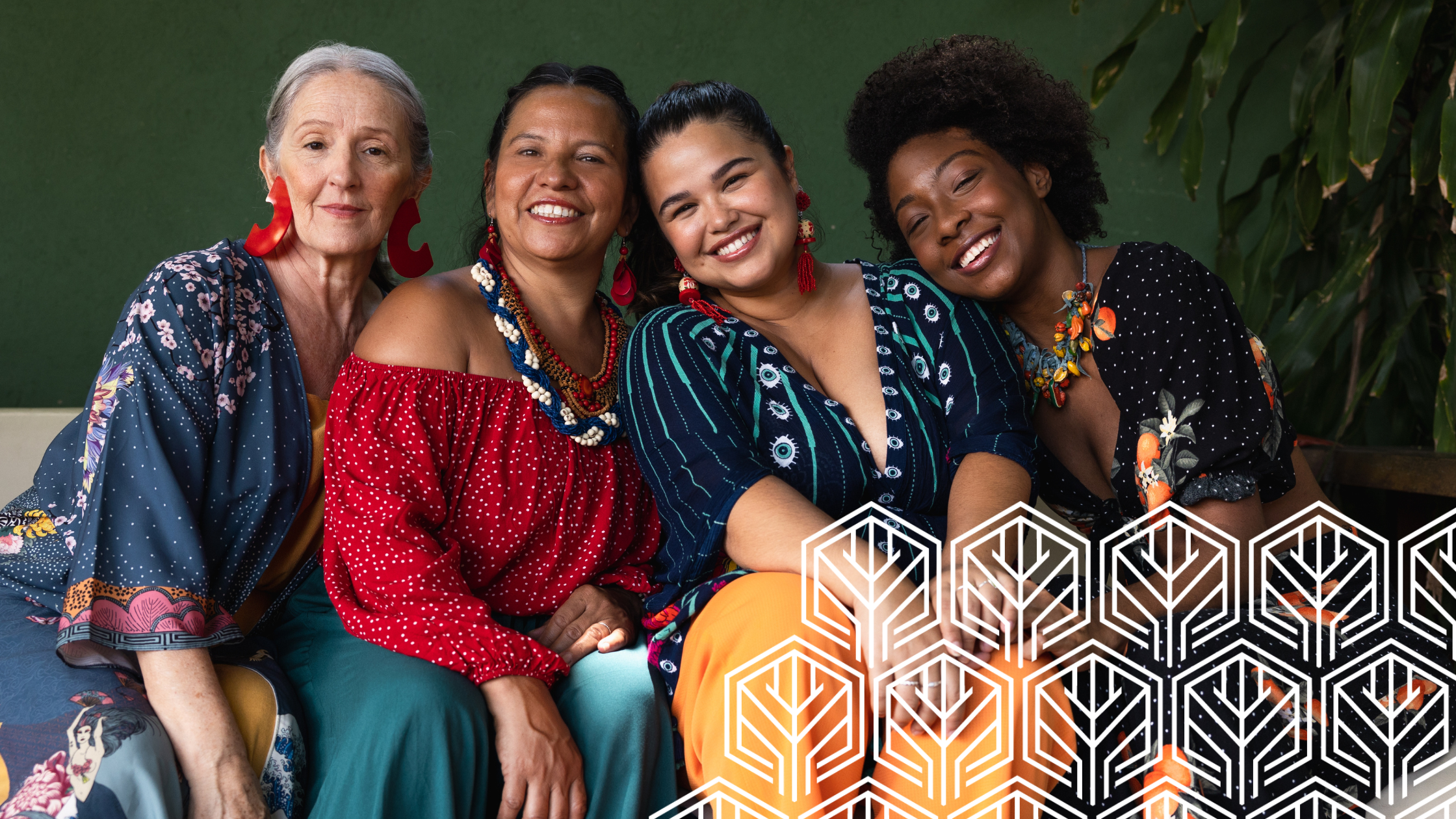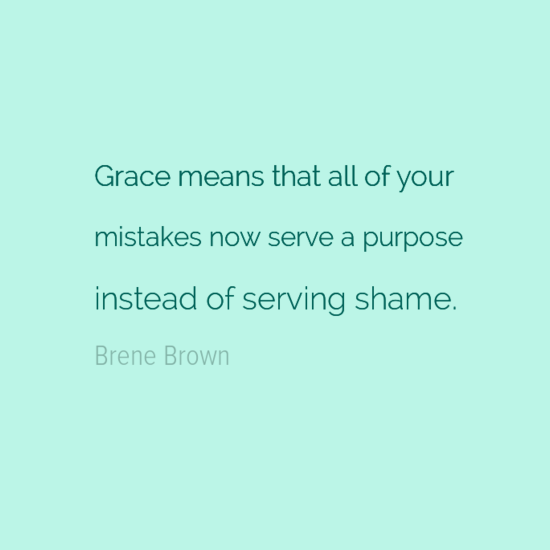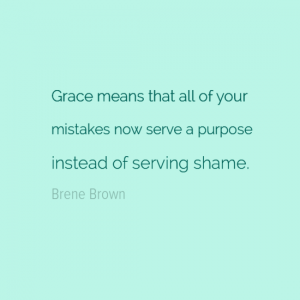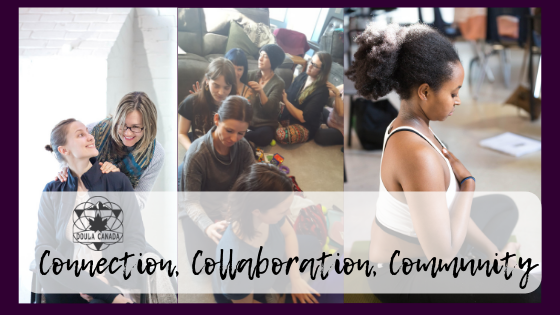Recertification
As professionals dedicated to excellence and impactful care, we understand that learning is a continuous journey and we’re so happy to invest heavily each month in newsletters, webinars, new courses, program updates and more to serve you as our alumni. This month’s blog shares an important reminder about staying relevant, effective, and confident in our roles: recertification.
When Doula Canada became an approved vocational school years ago, we undertook that for students to be able to use RESPs to pay for their education. One of the requirements of that program and of many other provincial and state doula associations was a requirement for recertification to be part of the organization’s standards. This requirement has been in place since 2017 when this was first introduced. See FAQ item posted here. This requirement however has not been enforced administratively and was up to individual doulas to submit their Continuing Education Units (CEUs).
We’re now introducing a more formal way for us to track and support alumni with this process.
What does recertification entail?
Trust us when we say we want this to be EASY. No one wants a complicated and convoluted recertification process. We will require only 2 things for recertification: 15 CEUs and an up-to-date CPR/First Aid.
THERE WILL BE NO FEE FOR RECERTIFICATION AT THIS TIME. The earliest date we will require recertification is December 2025, one year from now.
Why is Recertification Important?
There has long been debate about many aspects of our profession, credentialing in general and of course the professional aspects of being a “profession” at all! As leaders who’ve been working in the field for over 20 years we’ve seen a LOT of change. Similar to modern midwifery, the doula profession has experienced a conflicting balance between wanting the work to be accessible for families but also wanting to maintain independence from the colonial and capitalistic aspects that formal regulation brings. Ultimately it always calls for a trade-off or balance of priorities, needs and desires. As we look to the United States and see more and more states covering doula services through Medicaid, the future is pretty clear: our profession is trending in the direction of expansion. This means more doulas and more coverage, and more structure.
How Can I Get CEUs?
Have you noticed that Doula School offers our alumni FREE monthly webinars? Each webinar is worth 1 CEU and they are hosted almost every month of the year! This is a cost effective way to get your CEUs. We also launch new courses each year, giving you the chance to learn a new skill AND gain valuable CEUs. And of course you’re always welcome to take courses from other organizations that offer something you’re wanting to learn about. We will also have other simple ways to get CEUs at no cost. We will be launching a recertification guide in the coming weeks and it will give you lots of information about how to get everything done. Please note that if you unsubscribe from our newsletters you won’t receive important information about webinars or recertification notices. You can resubscribe here on the website.
When do I need to recertify by?
We are giving all students one year to complete these steps. You are welcome to submit earlier if you prefer (and are due for recertification) but it will not be REQUIRED until December, 2025 for those who certified before December 2022.
If you certified after December 2022 then count 3 years from the time you certified for your due date. See more info in the FAQ about how to calculate your recertification period.
FAQs
Why does Recertification Matter?
Staying Current with Industry Standards
The field we work in is dynamic and continually evolving. Recertification ensures you are up-to-date with the latest research, best practices, and trends. This not only elevates your own practice but also upholds the standards doula clients expect and deserve.
Strengthening Your Professional Skills
Recertification often involves engaging in advanced education, workshops, and reflective practice. These opportunities allow you to deepen your knowledge and refine your skills, ultimately making you a more effective and informed practitioner.
Building Credibility and Trust
Clients, peers, and employers value those who demonstrate a commitment to excellence and continued education. Recertification reflects your dedication and passion for ongoing improvement, reinforcing your credibility within the community.
Networking and Community Growth
Recertification often provides an avenue to reconnect with peers, share insights, and grow as part of a collective. This network is invaluable for support, growth, and even collaborating on new initiatives.
Adapting to Emerging Needs
As professionals, we serve a diverse range of needs that may evolve over time. Recertification helps us stay informed and prepared to meet these needs with competence and empathy.
Renewing Your Commitment to Excellence
Recertification is more than fulfilling a requirement; it is a reaffirmation of our shared commitment to providing the highest quality care and expertise to clients. We are here to support you every step of the way, with resources, guidance, and opportunities to make this process enriching and rewarding.
What is recertification?
Recertification is a way to ensure that our doulas and educators are maintaining their high level of knowledge and skills by showing proof of continuing education, even after their program is complete.
Why do we ask you to recertify?
We want to ensure that our doulas and educators are viewed as leaders in their field, and having organization-wide policies that show that our alumni are regularly continuing their education allows us to demonstrate our high standards. This policy also keeps us on par with other professions, such as Registered Nurses, Massage Therapists, Paramedics and Social Workers, which will allow us to keep moving the profession forward in recognition of the value of our work.
How often do I need to recertify?
We ask that you recertify every 3 years. You will receive notification when you are approaching your recertification deadline. If you graduated between January 1st and June 30th, your deadline will be June 30th of your recertification year. If your graduation date was between July 1st and December 31st, your deadline will be December 31st of your recertification year.
What if I don’t want to recertify?
If you don’t want to recertify then don’t! Quite simply there is nothing more ‘doula-y’ than doing what you want (after all, isn’t that what we help all our clients to do?). If you no longer feel value in certification or recertification then ignore our reminder emails and carry on!






 Meet Sarah Alicia Elder. Owner of ElderFlower Doula Serving families in New Westminster B.C Canada, This mother of three, can’t stay still and her love for learning has opened up many different career paths. Her sense of community has led her to different fields within human services. Now, Sarah is putting it all together to help families in New Westminster. She is a full-service doula-in-training offering support and resources for pre-pregnancy to post-partum and everything in-between.
Meet Sarah Alicia Elder. Owner of ElderFlower Doula Serving families in New Westminster B.C Canada, This mother of three, can’t stay still and her love for learning has opened up many different career paths. Her sense of community has led her to different fields within human services. Now, Sarah is putting it all together to help families in New Westminster. She is a full-service doula-in-training offering support and resources for pre-pregnancy to post-partum and everything in-between.
 You can learn more about Sarah Alicia here
You can learn more about Sarah Alicia here
 Let’s use an example we can relate to. As a doula, I’m sure we have all experienced moments of shame. If you haven’t yet, you will. Trust me. You wouldn’t be human if you didn’t. My first bout of shame as a doula was with my third client. We had discussed her wishes prior to the birth and I knew she wanted to avoid an episiotomy if at all possible. I supported her to the best of my abilities throughout her labor and when it came time to push. Then, this happened – As she was lying supine, pushing with all her might, I watched the OB pull out a pair of scissors. In my head, I knew I should say something because it was obvious at this point that he didn’t plan to. But I froze – maybe out of fear of confrontation or perhaps I was just too intimidated at that point to question the decisions of a doctor. I’m still not sure why I didn’t speak up for her. But I didn’t; and he cut her without a word.
Let’s use an example we can relate to. As a doula, I’m sure we have all experienced moments of shame. If you haven’t yet, you will. Trust me. You wouldn’t be human if you didn’t. My first bout of shame as a doula was with my third client. We had discussed her wishes prior to the birth and I knew she wanted to avoid an episiotomy if at all possible. I supported her to the best of my abilities throughout her labor and when it came time to push. Then, this happened – As she was lying supine, pushing with all her might, I watched the OB pull out a pair of scissors. In my head, I knew I should say something because it was obvious at this point that he didn’t plan to. But I froze – maybe out of fear of confrontation or perhaps I was just too intimidated at that point to question the decisions of a doctor. I’m still not sure why I didn’t speak up for her. But I didn’t; and he cut her without a word.
